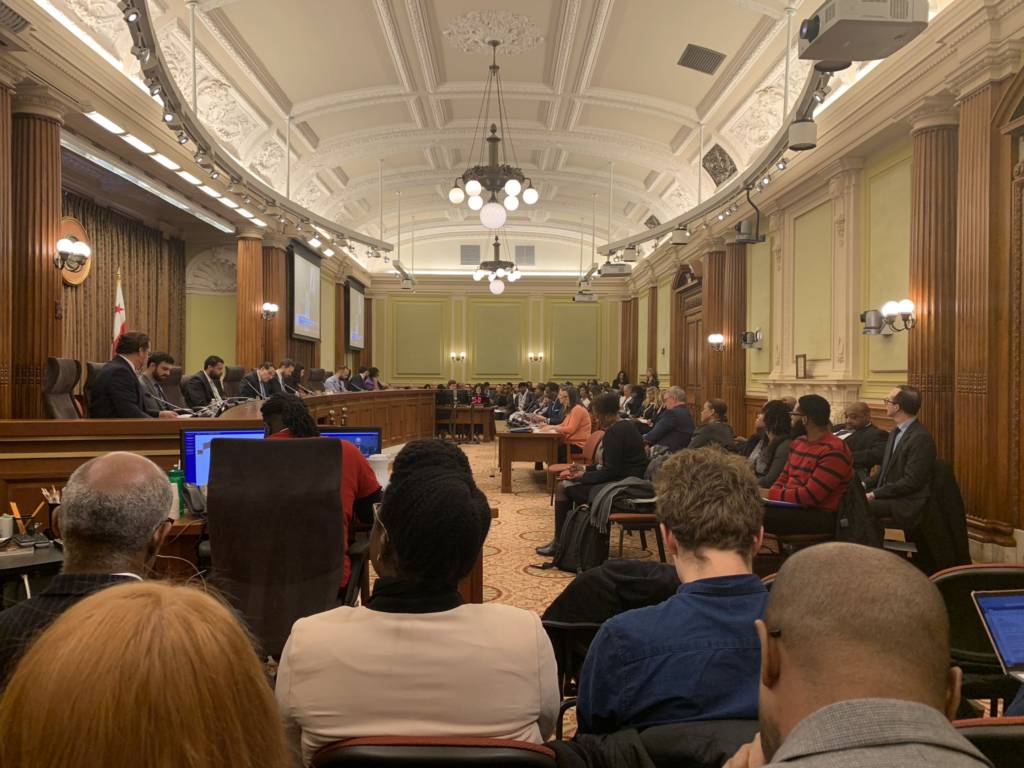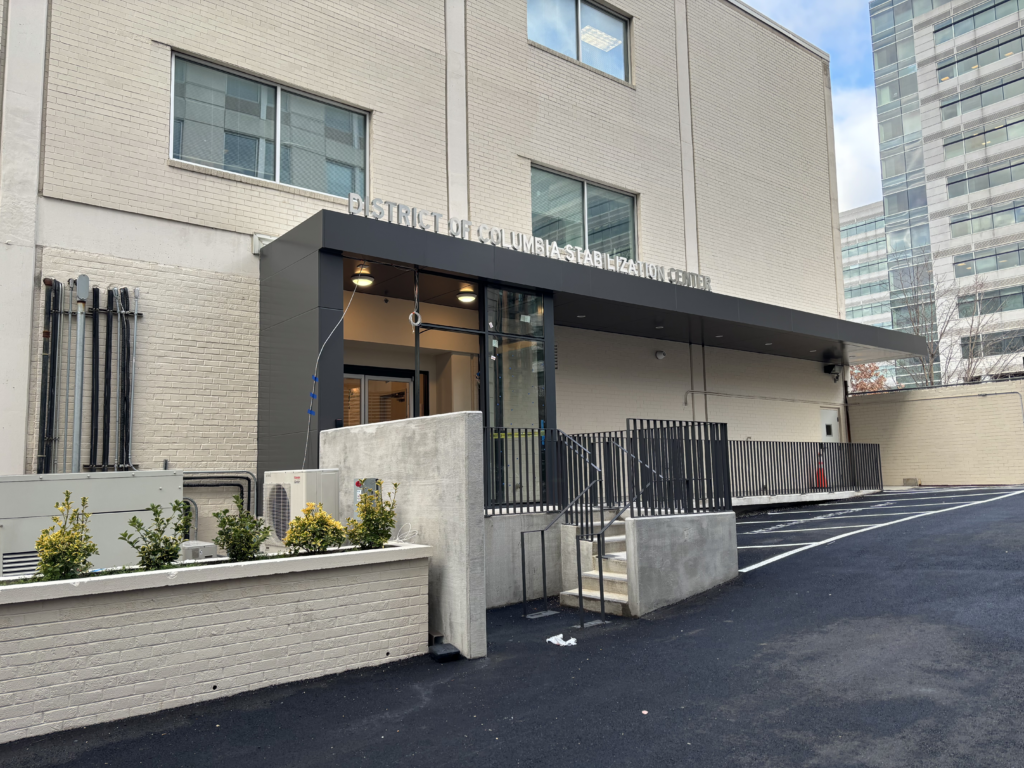The National Institute on Drug Abuse reported in January that more than 130 people in the United States die every day due to an opioid overdose. Washington, D.C., ranks third in the country with the highest rates of overdose deaths, according to Ward 7 Councilmember Vincent Gray. On Jan. 28, Gray, along with Ward 6 Councilmember Charles Allen, held a joint hearing to discuss efforts to combat the city’s opioid epidemic.
The Committee on Health and the Committee on the Judiciary and Public Safety’s hearing came almost a month after Mayor Muriel Bowser and the D.C. Department of Behavioral Health announced a strategic plan aimed at halving opioid usage and deaths by 2020.
A group of 40 stakeholders organized by Bowser started working on the plan in October 2017 after the Committee on Health introduced the “Opioid Abuse Treatment Act of 2018” and the “Opioid Abuse Prevention and Treatment Omnibus Amendment Act of 2018” in September 2017. The draft plan was finalized by the end of February 2018.
The mayor’s proposal includes strategies centered around prevention, treatment, and recovery. The goals are to reduce legislative barriers to create solutions to substance use disorder, educate District residents on opioid use disorders and treatment options, engage health professionals in the prevention and intervention of substance use, support the availability of harm reduction services in D.C., ensure timely access to recovery support services, develop a culture of empathy for residents who encounter the criminal justice system, and developing law enforcement strategies that reduce the supply of illegal opioids in D.C.
Small focus groups were formed in March 2018 to spend a month developing how each of the seven goals would be implemented.
Gray, chair of the council’s Committee on Health and Allen, chair of the Committee on the Judiciary and Public Safety, both found fault with the plan, as it does not include equipping Metropolitan Police Department (MPD) patrol officers with naloxone, medication that can reverse opioid overdoses.
However, Bowser announced a public health plan on Jan. 18 that includes a purchase of 50,000 naloxone kits to give to MPD officers. Each kit will have two doses of naloxone nasal spray.
Under the plan, patrol officers will be equipped with naloxone kits by the end of 2019. The kits will first be given to officers assigned to downtown D.C. and Ward 7 and 8, where opioid overdoses are most prevalent.
Bowser’s announcement comes after initial resistance from both her office and MPD officials. MPD argued that naloxone training would be too expensive to justify.
“We need to talk about the District’s alarmingly slow response to the opioid epidemic that has resulted in over 700 deaths since it began in 2014,” Gray said at the hearing.
In 2017, the number of fatal opioid overdoses in the District more than tripled from the past three years, to 279 deaths. Nearly 81 percent of deaths were among older African-American males and roughly 20 percent had used heroin for more than 40 years, according to Allen’s office.
The joint committee requested the presence of Bowser, Newsham, City Administrator Rashad Young, former Director of the Department of Behavioral Health Tonya Royster, and former Deputy Mayor of Health and Human Services HyeSook Chung. During his introduction, Gray expressed his disappointment in the executives as none of them attended the hearing.
In addition to government leadership, much of the discussion at the roundtable centered around the relationship between health-based providers in D.C. and the city’s health and public safety agencies.
“A number of prominent core service agencies that offered substance abuse services closed over the past few years and there seems to be no urgency to fill that gap,” At-large Councilmember David Grosso said before testimonies were given.
To achieve the goals of Long. Live. D.C., the plan relies on health care providers in the District. However, lawmakers at the hearing called attention to providers being put out of business after not receiving timely payments from the Department of Behavioral Health.
Many people who showed up to testify requested funding for the Addiction Recovery Fund, which finances treatment services. Former Director of Addiction Prevention and Recovery Administration Tori Whitney noted that over the past few years investment in the fund has declined.
“The current opioid crisis is a symptom of a much larger problem that requires bold action and collective leadership. I recommend the council establishes a stand alone services agency with a cabinet-level director,” Whitney said. “This would strengthen the accountability of the system and would ensure a singularly focused agency that provides leadership, zealous advocacy, and unconditional empathy for residents and their families coping with opioid addiction.”







